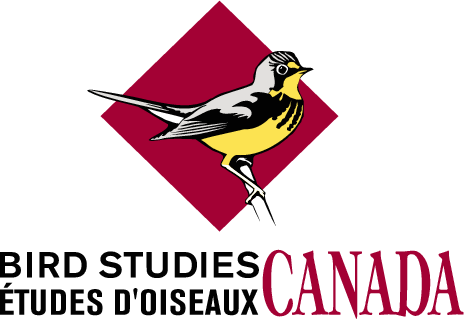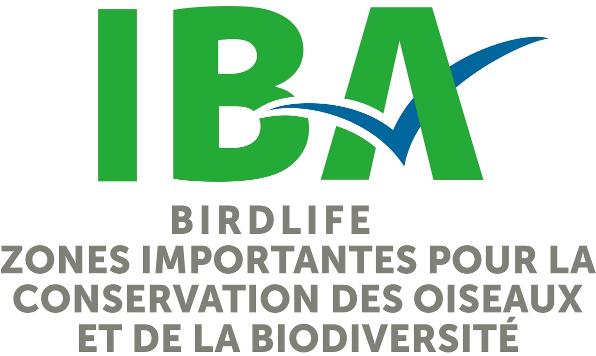Chappice Lake (AB112)
Shuler, Alberta
Description du site
Chappice Lake is situated about 20 km northeast of Medicine Hat, Alberta. It is a permanent saline lake, 2.1 km² in size with a shoreline of 7.2 km, surrounded by native mixed grassland. The shorelines are often soft and muddy, and there are extensive alkali deposits. There are saline springs and seepages in excellent condition. Scratch grass (Muhlenbergia asperifolia), a rare plant in Alberta, occurs at Chappice Lake. This is one of only a few (approximately 6-20) occurrences in the province. The grassland areas also support good populations of Richardsons Ground Squirrels. The site includes the lake and a one kilometre buffer of grasslands.
Oiseaux
Chappice Lake sometimes supports globally significant numbers of staging shorebirds during spring migration. In 1988, 4,500 Sanderlings (2% of North American population) and 3,000 Bairds Sandpipers (1 to 2% of global population) were recorded at the lake. The maximum number of shorebirds recorded during spring migration was in 1988 when 10,992 individuals were recorded. Other migratory shorebirds that frequent the area during spring migration include Willet (125 in 1988), American Avocet (250 in 1988), and Wilsons Phalarope (400-500 in 1988). Piping Plover surveys scheduled to take place in 2001, may afford an opportunity to gather some up-to-date information on the numbers of spring migrant shorebirds.
Chappice Lake at one point supported larger numbers of breeding Piping Plovers, however, the five-year average for the most recent five years (1992-98) is only two birds. The Piping Plovers generally nest along the southern and western sides of the lake where there is preferred habitat.
This site provides locally important habitat for staging, moulting and nesting waterfowl. The adjacent land provides critical nesting habitat for several grassland birds including Ferruginous Hawk (nationally vulnerable), Burrowing Owl (nationally endangered), Long-billed Curlew (nationally vulnerable), Spragues Pipit (nationally threatened), Bairds Sparrow, and Upland Sandpiper. The plentiful ground squirrels make the area attractive to foraging raptors.
Enjeux de conservation
As the number of bird-watchers visiting Chappice Lake increases, there is the potential threat of disturbing Piping Plovers during critical periods of their nesting cycle. Water consumption from Chappice Lake could affect water levels, and consequently shorebird habitat, especially during dry years.
This site is part of a larger area that has been identified as a provincial ESA (ecologically significant area). In addition, Chappice Lake is a potential regional and endangered species category WHSRN (Western Hemisphere Shorebird Reserve Network) site.
Catégories ZICO Habitats Usages Menaces Potencielles ou Existantes Status de Protection

